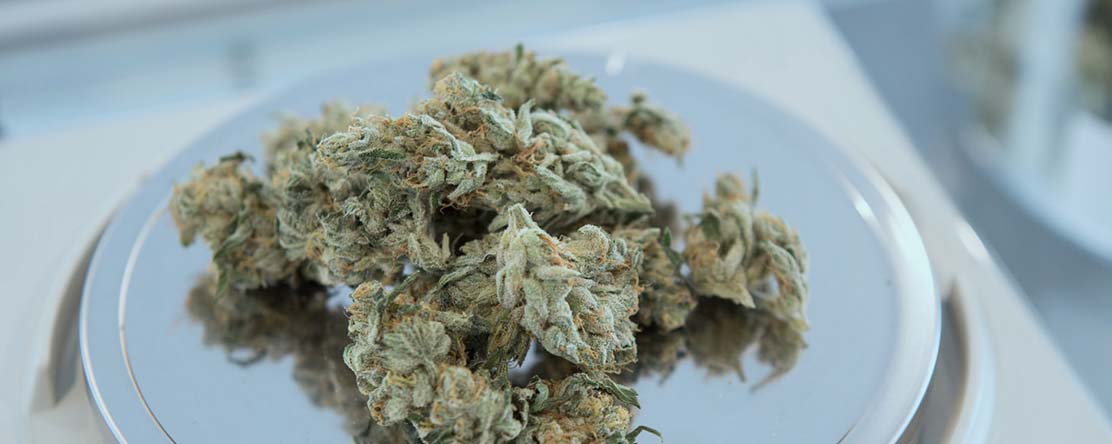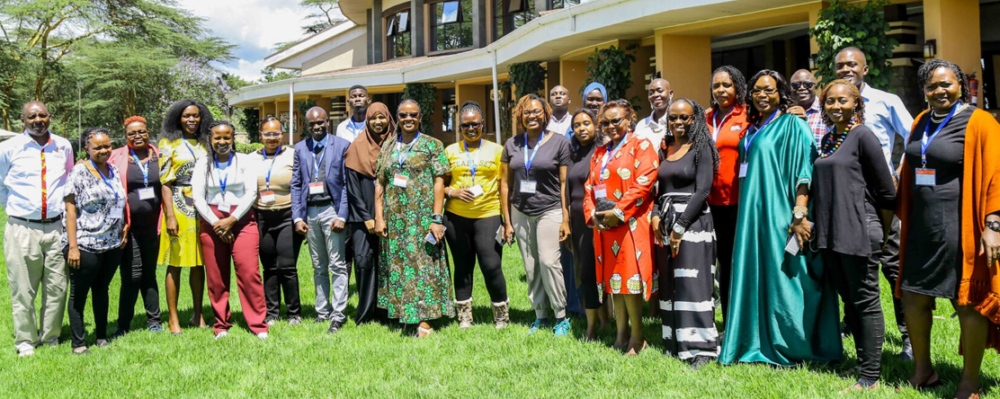
In the News
Protecting Public Health Key as Marijuana Legalization Grows: Colorado Leading the Way Among States

As recreational marijuana use becomes a legal reality in more states, policymakers are adapting longtime tools for preventing substance misuse to safeguard public health, including protecting youth from harmful effects.
In June, Illinois joined 10 states and the District of Columbia in legalizing recreational use of marijuana. Among its many measures, the new Illinois law sets taxes for marijuana sales, earmarking 20% of proceeds to mental health services and substance abuse programs, and 2% to public education and safety campaigns.
Using proceeds from sales of substances such as tobacco and alcohol to benefit public health has long been supported by health advocates, as have regulations on additives, limits on potency and advertising restrictions, all of which are used in Colorado, one of the first states to legalize recreational marijuana use.
Legal sales of marijuana for recreational use began in Colorado in January 2014. By October 2017, marijuana sales exceeded $6.5 billion, with over $1 billion in revenue for the state. Millions of the resulting tax dollars have been earmarked for education, research and outreach. The Colorado Department of Public Health and Environment spends approximately $3.5 million per year on public outreach campaigns.
As part of the legislation that legalized marijuana in the state, officials mandated that the Colorado Department of Public Health and Environment monitor changes in drug use patterns. As a result, the department publishes a monitoring report every two years, with its third report released in January.
Using data from state and national surveys, the report details state patterns of marijuana use. For example, the most recent report found that more adults are using marijuana and using it more often. It also found that there has been more use of edible marijuana among high school students and that overall emergency department visits related to marijuana have increased.
The Colorado Department of Public Health and Environment is also required to regularly examine science on the health effects of marijuana. Research is evaluated by a 13-member committee of health officials, the Retail Marijuana Public Health Advisory Committee, and shared as public health statements.
As of June, more than 60 public health statements had been produced. Among them are warnings that daily or near-daily use is associated with memory impairment, chronic bronchitis and lung lesions. They also warn that driving after using marijuana can raise the risk of a crash.
“It’s important that if you are going to be making health statements that you stand securely in the science,” APHA member Jessica Neuwirth, MPA, retail marijuana education and youth prevention coordinator with the Colorado Department of Public Health and Environment, told The Nation’s Health.
Findings from the monitoring report shape education and outreach to Colorado residents. In May 2018, the state launched its Responsibility Grows Here campaigns, which share information about potential risks for teens and pregnant and breastfeeding women and call on marijuana users to consume it responsibly. The campaigns also share guidance for adults talking to teens about marijuana. Research shows that teens who do not have a trusted adult to talk to about problems are more likely to experiment with drugs and alcohol.
Before the Responsibility Grows Here outreach, the department’s Good to Know campaign successfully educated Colorado residents on new laws involving marijuana. While smoking in public continues to be a problem for the state, internal research showed that Coloradans exposed to the campaign were over twice as likely to understand key laws about marijuana use.
“States that are in the process of legalizing could benefit from a general awareness campaign,” APHA member Tara Dunn, the health department’s marijuana communications specialist, told The Nation’s Health. “Starting broadly and then narrowing to reach consumers specifically makes a lot of sense.”
The success of Colorado’s campaigns comes from knowing what state residents like. The Good to Know campaign was folksy, rhymed and was “very Colorado,” Dunn said. The Responsibility Grows Here campaigns have a similar feel, with information passed along as tips, such as “Start low. Go slow,” with edibles.
A big concern in Colorado and elsewhere is unintentional marijuana ingestion by children. In June, a study published online in Pediatric Emergency Care found that child marijuana ingestions have been growing nationwide since 2009. Through 2017, there was a mean annual increase of 27% per year, the study found, with 70% of marijuana ingestions among children occurring in states that had legalized the drug.
From the beginning of legal sales, Colorado has required all marijuana come in child-resistant packaging and be marked with a special warning symbol about THC, the compound that gives marijuana users a high. Safely storing marijuana in a lockbox or safe and out of sight or reach of children is part of Colorado’s Responsibility campaign.
Unfortunately, “there is a gap between what we know to be best practice and what we’re seeing in our communities,” Neuwirth said.
The state’s most recent monitoring report showed that unintentional consumption has increased in kids under age 9, as have related emergency department visits. In about 23,000 Colorado homes with children, marijuana is stored in a way that is potentially unsafe, the state reports.
While Colorado has been a leader in its education and outreach, other states that have legalized recreational marijuana have similar campaigns meant to deter youth use.
Washington’s You Can campaign pairs helpful information about marijuana and why teens should abstain with general life tips, such as how to organize a school locker. California’s Let’s Talk Cannabis campaign targets adults and high-priority populations such as youth and pregnant and breastfeeding women. The campaign resources include a toolkit with survey data on marijuana use.
In Oregon, the state offers an extensive guide to help parents talk to their children about marijuana. It appeals to youth prevention through its Stay True To You campaign, emphasizing how difficult teenage life already is without the added complications of marijuana use. Vermont targets parents with its ParentUp campaign, offering guidance on how to discourage substance use and what to do if their child is using drugs or alcohol.
Several states are also addressing equity and other social issues through their marijuana sales policies. Half of marijuana tax revenue in Alaska goes toward programs designed to reduce repeat legal offenders. San Francisco prioritizes giving dispensary licenses to those who have prior arrests related to minor marijuana incidents or have otherwise been impacted by the war on drugs. And in Illinois, the state is expunging criminal records of some people convicted for marijuana offenses.
But despite the many measures, some health advocates worry that states that have legalized recreational marijuana use are not going far enough to protect health.
The Getting it Right from the Start project at the Public Health Institute grew out of marijuana legalization in California. According to the project, it works with cities, counties and states “to provide guidance on adopting cannabis policies that reduce harms, protect against youth and problem cannabis use, and ensure social equity.”
Read the rest of the article in The Nation’s Health.
Originally published by The Nation's Health
More Updates
Work With Us
You change the world. We do the rest. Explore fiscal sponsorship at PHI.
Support Us
Together, we can accelerate our response to public health’s most critical issues.
Find Employment
Begin your career at the Public Health Institute.



